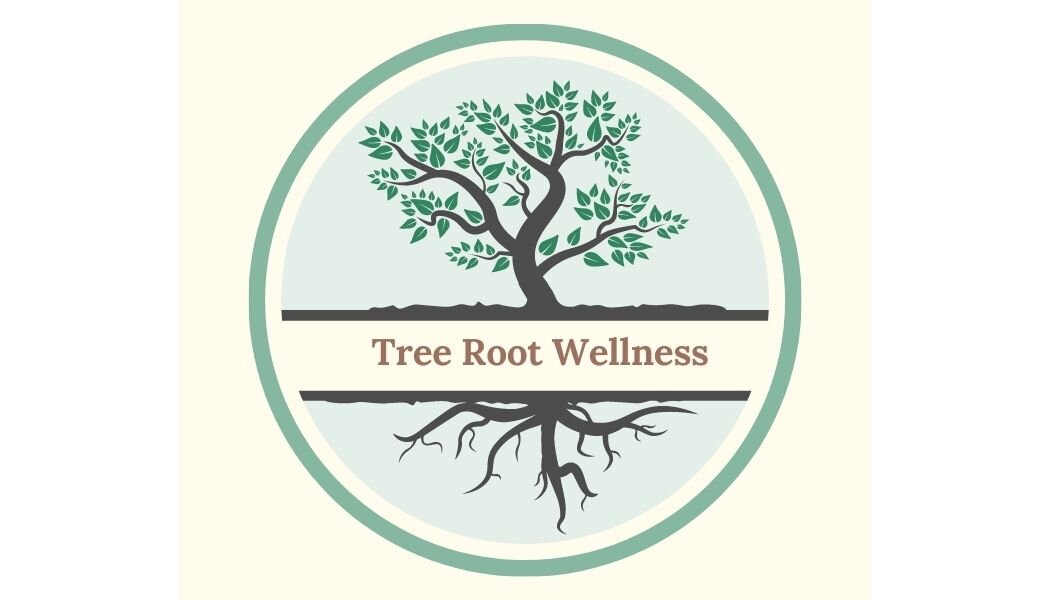Mental Health Impacts after a Brain Injury
May is Mental Health Awareness Month.
The effects of Mental Health issues impact all of us. Historically, one in five people has a mental health diagnosis. However, according to early CDC reports, Americans reporting symptoms of anxiety, depression, PTSD, substance use, and suicidal ideation have significantly increased over the Covid-19 Pandemic. Therefore, addressing and supporting your mental health concerns is a crucial part of brain health and traumatic injury recovery.
Brain Injury and Mental Health
After a brain injury, whether from physical trauma or environmental toxins, it is common to experience anxiety, depression, loneliness, and isolation. In addition, some people experience post-traumatic stress disorder after a TBI, especially people who have experienced domestic violence or are military combat veterans.
What’s Happening In Your Brain?
After an injury, inflammation occurs in the part of your brain that regulates the nervous system, often causing mental health symptoms like:
Startling easily, especially by sounds or light
Confusion and anxious feelings when doing ordinary things
Sudden outbursts of sadness or anger
You’re Not Losing Your Mind. But it needs some special care.
It is essential to know that these symptoms are typical for someone with a brain injury:
Anxiety at least 30% of TBI cases
Depression 10% of cases
Co-occurring Anxiety and Depression 20% of cases
PTSD up to 36% of cases
It can be a very isolating time, especially if you didn’t expect or have never experienced these symptoms before. The most important thing you can do for yourself and others is to let someone know it is happening. It’s all part of the journey to brain health and trauma recovery.
You are not, nor should you be, alone in your experiences.
It’s sad to say that many people feel shame about reaching out for help with mental health symptoms. We call this the Shame Cycle. And it is crucial to break that cycle by seeking support and guidance.
When working with brain health and injury patients, I consider their entire experience, body, mind, and emotions. I remind my patients and you, too, that asking for help is strength, not weakness. If you or someone you know is experiencing mental health symptoms after a physical or toxin exposure brain injury and want to learn more about me and my practice, Visit Tree Root Wellness
Remember, share your symptoms with each of your providers if you are struggling with symptoms of depression, anxiety, or trauma.
If you are in crisis, please call 800-273-8255 (suicide prevention line) to talk to someone immediately. In Portland, call 800-716-9769 or text 741741.
PMID: 30373399, 14706943, 30144779, 31256124
